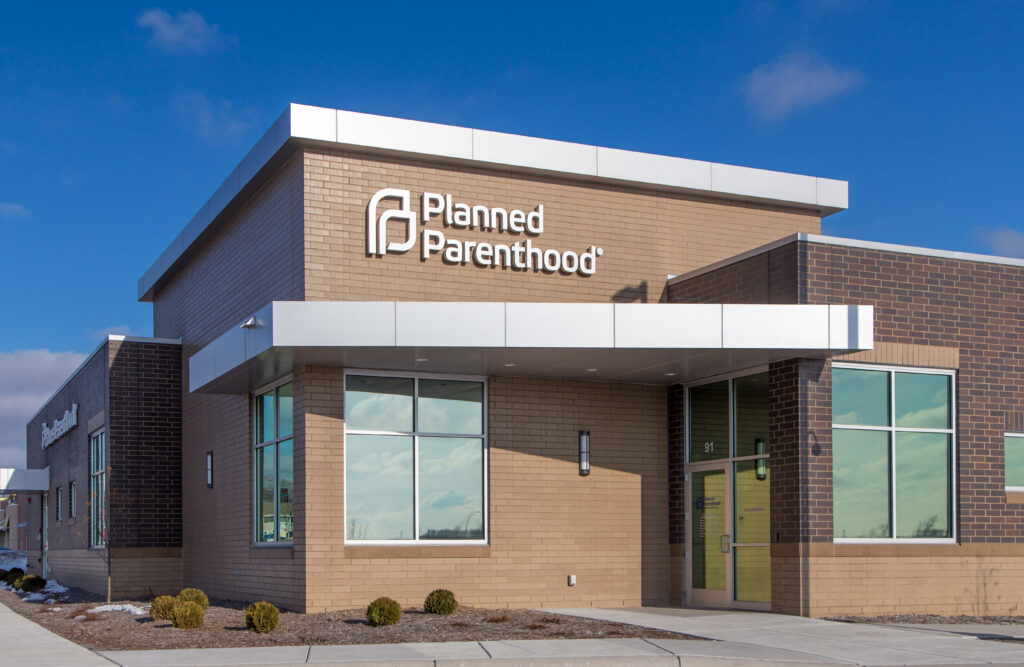Public Health Threat: Connecticut DPH Data Shows More Women Using Risky Abortion Method

Multiple Studies Link Chemical Abortion to Higher Rates of Emergency Room Utilization and Complications
Washington, D.C. – Half of all Connecticut abortions are performed with potentially dangerous drugs which multiple peer-reviewed studies have linked to higher rates of complications.
Publicly available data collected by the Connecticut Department of Public Health and analyzed by the nonprofit Charlotte Lozier Institute (CLI) also reveals that in 2019 the Constitution State saw a 14% rise in chemical abortions from the previous year.
“Separate peer-reviewed studies from California, Finland, and Sweden demonstrate that complications are several times more frequent in chemical than surgical abortions,” noted Tessa Longbons, CLI’s senior research associate who analyzed the Connecticut data. “Following the science, the significant rise in the use of these drugs in Connecticut is likely to lead to more women and teenage girls experiencing serious complications. These can include increased pain and bleeding, infection, and the occurrence of an incomplete abortion requiring surgical intervention.”
A groundbreaking national study from Charlotte Lozier Institute found the rate of abortion-related emergency room visits following a chemical abortion increased over 500% from 2002 through 2015:
- Chemical abortion significantly increased the risk of an emergency room visit. Within 30 days of a chemical abortion, when compared to rates following a surgical abortion:
- 22% greater risk of ER visit for any reason.
- 53% greater risk of ER visit for an abortion-related reason.
- The rate of chemical abortion-related ER visits increased 507% from 2002-2015.
- Over 60% of abortion-related ER visits following a chemical abortion in 2015 were miscoded as treatment for a miscarriage:
- The sequence of confirmed chemical abortion, subsequent pregnancy, and subsequent miscarriage within 30 days is physically impossible. Yet Medicaid data from 2015 showed these events were miscoded a majority of the time.
Published recently in the peer-reviewed journal Health Services Research and Managerial Epidemiology, the study was the first to utilize Medicaid claims data to conduct a 17-year longitudinal analysis of 423,000 confirmed abortions and 121,283 confirmed subsequent visits to an emergency room in the 17 states which used state taxpayer funds to pay for abortions. The study analyzes data from one year prior to FDA approval of Mifeprex (the “abortion pill”) through the most recent data available.
Dr. James Studnicki, CLI vice president of data analytics and lead author of the emergency room study, said:
“The safety of chemical abortion is dangerously exaggerated. Women are far more likely to visit the emergency room following a chemical rather than surgical abortion. The rate of these emergency room visits is growing remarkably fast. As the majority of abortions reported in Connecticut in 2019 were chemical abortions, this represents a serious public health threat, and the real-world data suggests the threat is growing.”
In 2020, 10 percent of abortions in Connecticut were performed at 13 weeks gestation or later, with nearly 100 abortions performed at 21 weeks or later. A majority of European nations (32 out of 50) limit elective abortion at 12 weeks or earlier, including Denmark, France, and Norway, while 47 out of 50 European nations limit elective abortion prior to 15 weeks.
Click here to read CLI’s full analysis of Connecticut’s 2019 abortion statistics.
Charlotte Lozier Institute was launched in 2011 as the education and research arm of Susan B. Anthony List. CLI is a hub for research and public policy analysis on some of the most pressing issues facing the United States and nations around the world. The Institute is named for a feminist physician known for her commitment to the sanctity of human life and equal career and educational opportunities for women.
###

























